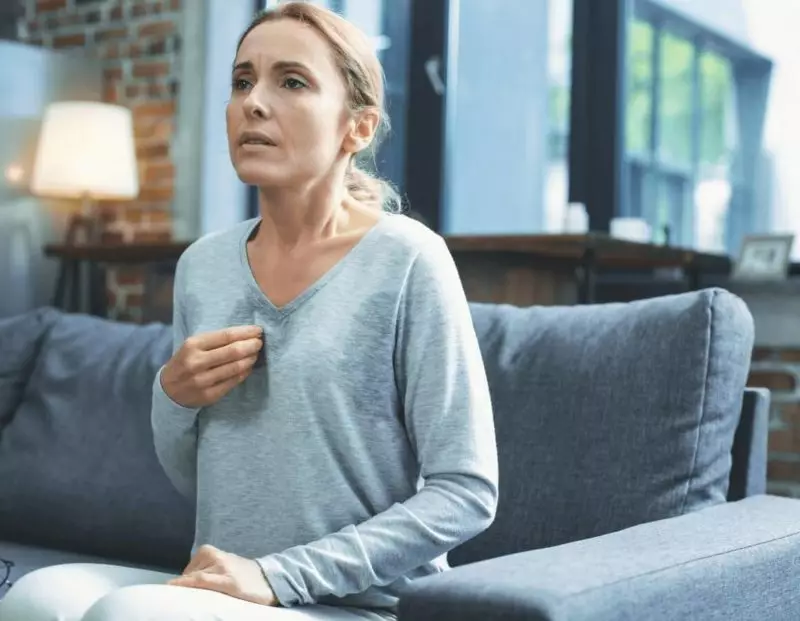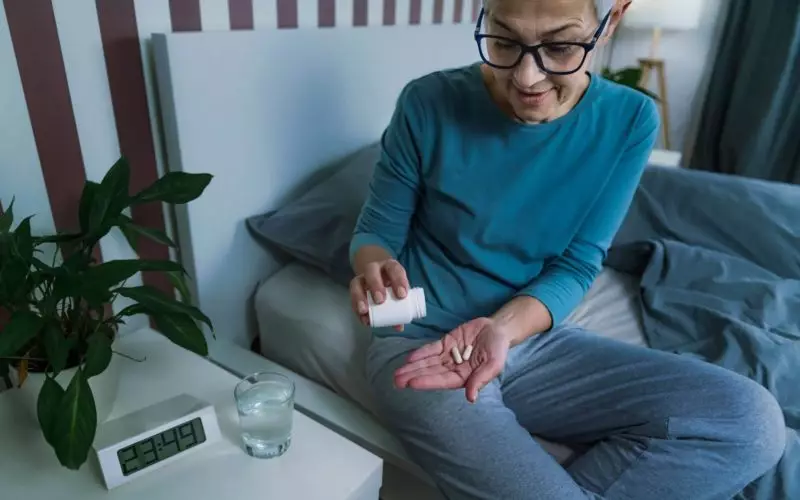
Anxiety. This word has been overused and, at the same time, neglected in the past few years, without people realizing that anxiety disorders are actually serious conditions, which significantly decrease our quality of life. In fact, the most common type of such disorder is GAD (General anxiety disorder), which yearly affects 3.1% of the US population. [1]
Introduction
In that sense, engaging in proper treatment and working towards overcoming this condition is crucial, because it’s every person’s right to feel happy, improve both their mental and physical wellbeing, and live a high-quality life.
This article will share with you some small steps to adopt in order to feel less anxious and improve your mental health naturally. Being consecutive and taking it one step at a time will make a difference. Also, don’t forget that attending therapy is the most effective way to improve your mental health, especially if you feel that you significantly struggle with coping with daily life.
The tips below are based on approaches and techniques used in positive psychology (which focuses on positive events in life as drivers for flourishing). They include spending time with your loved ones, exercising, meditating, adopting a healthy diet, and focusing on your strengths, and more. [3]
Let’s dive in!

Gather with your friends
Positive psychology recognizes high-quality social relationships as a key source of positive emotions. And in that sense, having close connections with friends and family or being part of social groups is hugely beneficial for improving your mental wellbeing, life satisfaction, and general anxiety disorder symptoms. [4]
The reason for this effect is the fact that balanced levels of high-quality socialization (with people you trust, share with, laugh, and simply have a good time), is proven to increase the production of the oxytocin in the brain. [5] This hormone (also called “the love hormone”), does not only reduce our stress and anxiety levels, but also triggers happiness, love, and affection. [6]
However, not any social setting can be beneficial. According to a study published in The Psychiatry Journal, only positive social support can lead to improved stress resilience. On the contrary, poor social connections and relationships can worsen anxiety symptoms and lead to poor mental wellbeing.

Exercise or practice yoga
Exercising regularly gives you tons of benefits when it comes to improving your stress resilience. [8]
- Improves confidence and self-esteem
- Gives you a sense of control
- Helps you to release muscle tension
- Supports proper blood circulation, organ function, and hormone production
- Stimulates you to be social (group exercises)
- Distracts you from negative thoughts
However, a research piece looking at the relation between yoga and psychology, shows that people who practice yoga receive additional health benefits, which stimulate the improvement of anxiety disorder symptoms. Those include:
- Mindfulness, self-awareness, and self-connection
- Gratitude
- Finding life purpose
- Sense of spirituality

Eat healthy
Delving deeper into the “healthy mind, healthy body” concept, we cannot miss mentioning the importance of food and nutrition when it comes to resilience, mental health, and positive emotions.
A study by The University of British Columbia evidences the relationship between healthy food and mental wellbeing: Diet rich in fruits, vegetables, fiber, and complex carbs, but low in processed foods with trans fats and added sugars, is shown to contribute to improved motivation, vitality, and flourishing, compared to other diets with lower nutritional value.
Conclusion
Involving in social support, exercising, and eating healthy are some of the first steps which would help you in the recovery path towards flourishing.
General anxiety disorder (like any other psychological disorder) should not be underestimated, and we should persistently work towards improving our mental wellbeing.








